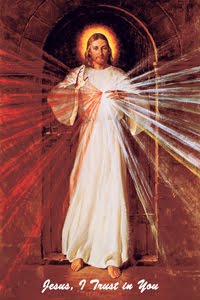The Book of Job is the story of a good man who suffers total disaster - he loses all his children and property and is afflicted with a repulsive disease. Then in three series of poetic dialogues the author shows how Job's friends and Job himself react to these calamities. In the end, God himself, whose dealings with the human race have been a prominent part of the discussion, appears to Job.
The friends of Job explain his suffering in traditional religious terms. Since God, so they assume, always rewards good and punishes evil, the sufferings of Job can only mean that he has sinned. But for Job this is too simple; he does not deserve such cruel punishment, because he has been an unusually good and righteous man. He cannot understand how God can let so much evil happen to one like himself, and he boldly challenges God. Job does not lose his faith, but he does long to be justified before God and to regain his honor as a good man.
God does not give an answer to Job's questions, but he does respond to Job's faith by overwhelming him with a poetic picture of his divine power and wisdom. Job then humbly acknowledges God as wise and great, and repents of the wild and angry words he had used.
The prose conclusion records how Job is restored to his former condition, with even greater prosperity than before. God reprimands Job's friends for failing to understand the meaning of Job's suffering. Only Job had really sensed that God is greater than traditional religion had depicted him.
OUTLINE OF CONTENTS
- Prologue [1:1 - 2:13]
- Job and his friends [3:1 - 26]
- Job's complaint [3:1 - 26]
- The first dialogue [4:1 - 14:22]
- The second dialogue [15:1 - 21:34]
- The third dialogue [22:1 - 27:23]
- In praise of wisdom [28:1 - 28]
- Job's final statement [29:1 - 31:40]
- The speeches of Elihu [32:1 - 37:24]
- The Lord answers Job [38:1 - 42:6]
- Epilogue [42:7 - 17]







Blogger Comment
Facebook Comment